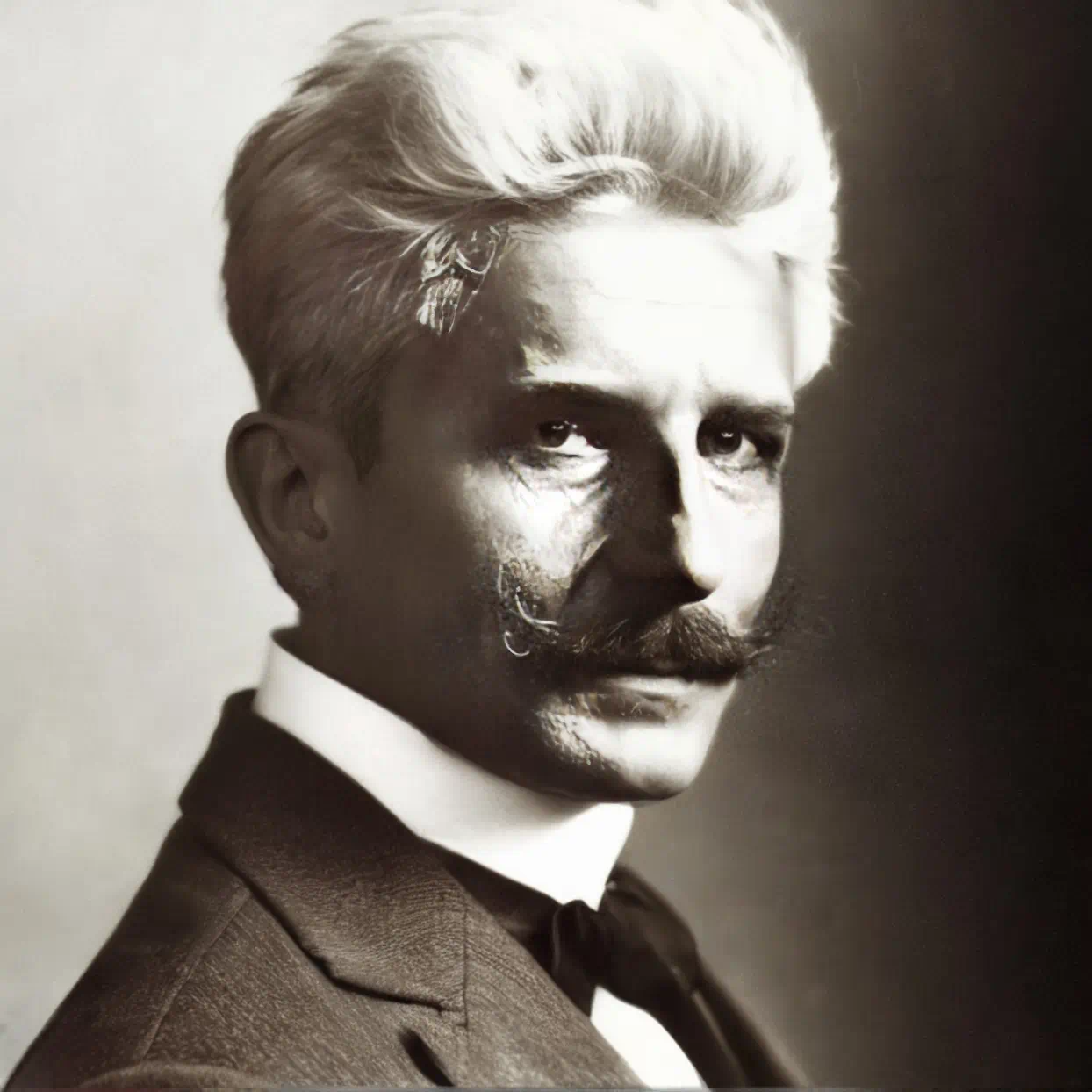
A Photographic Odyssey
Early Life and Family Legacy
Born in Geneva, Switzerland, on June 18, 1858, Frédéric Boissonnas was destined to become a prominent figure in the world of photography. His father, Henri-Antoine Boissonnas, established a photography studio in Geneva in 1864, laying the foundation for a family legacy in the art form. Growing up in this creative environment, Frédéric’s interest in photography blossomed, and he eventually took over the family studio, running it successfully from 1887 to 1920.
Boissonnas was a man of many talents. He was not only a skilled photographer but also a passionate alpinist and a gifted musician. His diverse interests and experiences enriched his artistic vision, allowing him to capture the world with a unique perspective.
Greece: A Lifelong Fascination
Boissonnas’ fascination with Greece began in 1903 when he embarked on his first journey to the country with his friend, Daniel Baud-Bovy, an art historian and dean of the Geneva School of Fine Arts. This initial trip sparked a lifelong love affair with Greece, its history, culture, and landscapes. Over the next three decades, Boissonnas made numerous visits to Greece, documenting its beauty and diversity through his lens.
Crete: An Island of Inspiration
Crete, the largest and most populous of the Greek islands, held a special allure for Boissonnas. Its rugged mountains, fertile valleys, and ancient ruins provided a wealth of photographic opportunities. Boissonnas’ images of Crete showcased the island’s unique character, from its bustling towns and villages to its tranquil beaches and olive groves. His photographs captured the essence of Cretan life, its traditions, and its people.
One of Boissonnas’ most notable achievements in Crete was his documentation of the island’s archaeological sites. He meticulously photographed the ancient ruins of Knossos, Phaistos, and Gortyn, among others, providing valuable visual records of these historical treasures. His photographs not only served as a testament to Crete’s rich past but also contributed to the growing interest in archaeology and the preservation of cultural heritage.
Beyond Crete: Exploring the Greek Mainland and Islands
Boissonnas’ photographic expeditions extended far beyond Crete. He traveled extensively throughout mainland Greece and its numerous islands, capturing the diverse landscapes and cultural heritage of the country. His photographs of the Acropolis, Delphi, Olympia, and other iconic sites are renowned for their technical brilliance and artistic composition.
Boissonnas’ work in Greece was not limited to documenting its ancient monuments. He was equally interested in capturing the everyday life of its people. His photographs of shepherds, fishermen, and farmers offer a glimpse into the traditional way of life in Greece during the early 20th century.
A Pioneer in Photography and Cultural Promotion
Boissonnas’ contributions to photography went beyond artistic expression. He was a pioneer in using photography to promote tourism and cultural understanding. His photographs of Greece played a crucial role in shaping the country’s image abroad, attracting visitors and fostering a greater appreciation for its rich heritage.
Boissonnas’ work also had a significant impact on the development of photography in Greece. He inspired a generation of Greek photographers, who followed in his footsteps, documenting their country with passion and dedication.
A Lasting Legacy
Frédéric Boissonnas passed away in Geneva on October 17, 1946, leaving behind a vast and invaluable photographic legacy. His images of Greece, including his extensive documentation of Crete, continue to inspire and educate people around the world. His work serves as a reminder of the power of photography to capture the beauty and complexity of the human experience.
Key points
- Born: June 18, 1858, in Geneva, Switzerland
- Died: October 17, 1946, in Geneva, Switzerland
- Nationality: Swiss
- Occupation: Photographer
- Legacy: Pioneering photographer who documented Greece extensively, contributing to its tourism and cultural understanding

